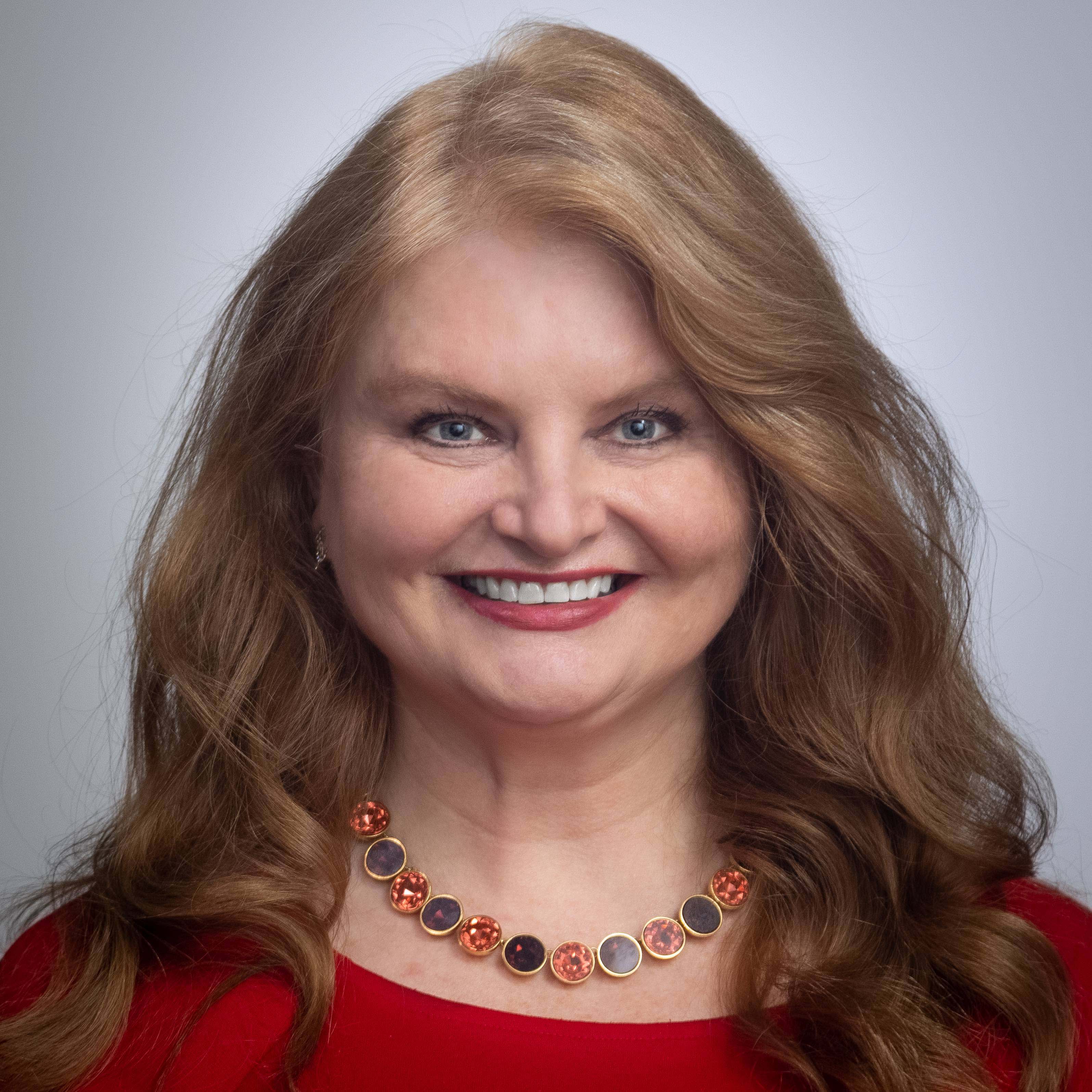The University of New Mexico Department of Neurology is among the first programs in the nation to receive full accreditation for a fellowship in neurocritical care.
Recognition of UNM’s two-year fellowship program by the Accreditation Council for Graduate Medical Education (ACGME) is a major accomplishment because “neurocritical care is a subspecialty that has been in existence for 30 years, but has had to tackle many hurdles as it grew beyond the major coastal universities,” said fellowship program director Diana Greene-Chandos, MD, associate professor of Neurology.
“It took a while for the subspecialty’s fellowships to become accredited by the United Council of Neurological Subspecialties, but this accreditation is not recognized by many state medical boards and hospitals,” Greene said.
When department chair Michel Torbey, MD, served as president of the Neurocritical Care Society in 2017, “he pushed for the field to have its training programs accredited like every other critical care program,” she said. The ACGME is responsible for accrediting all internships, residencies and fellowships in U.S. physician training.
At UNM, “the neurocritical care fellowship was started two years ago when Dr. Torbey and I came,” said Greene, who previously served as fellowship program director at The Ohio State University. “We came as a married team. We’re both neuro-intensivists. One of my big wishes when I came here was that I would be able to start a fellowship program here.”
Neuro-intensivists working in UNM’s 24-bed Neurosciences Intensive Care Unit care for patients with a variety of brain, spinal cord and peripheral nerve injuries, including strokes, aneurysms, epilepsy and traumatic brain injuries, Greene said.
“We get trained in specialized monitoring, where we do invasive monitoring for optimizing the conditions of the body to protect the brain and prevent secondary injury from brain swelling,” she said.

We were like a diamond in the desert. You had it all, you just didn’t have the fellowship training program yet
“We do all of that at UNM,” Greene said. “We were like a diamond in the desert. You had it all, you just didn’t have the fellowship training program yet. For a unit and a program to expand, that’s kind of the next level, to have that education program. When you’re educating people, it makes everyone better.”
Physicians who choose to specialize as neuro-intensivists come from a variety of backgrounds, which was reflected in the lengthy development process of the fellowship’s accreditation standards, Greene said.
“We take people from many different training pathways,” she said. “You had to get neurology, neurosurgery, anesthesiology, emergency medicine and internal medicine together and have everybody agree on what the education system would look like and what the accreditation system would look like.”
UNM, which has been approved to accept two fellows per year, was joined by the University of Pittsburgh, Stanford University, Baylor College of Medicine and Montefiore Medical Center in the first group of accredited programs, she said.
Greene said she, Omar Hussein, MD, assistant professor of Neurology, and Andrew Carlson, MD, associate professor of Neurosurgery, have all passed ACGME’s first board exam in neuro-critical care, and now, the first graduate of UNM’s program can sit for the exam as well.
